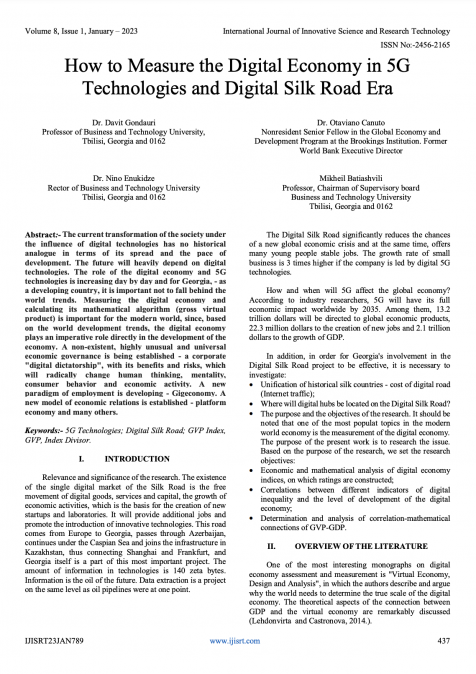Podcasts
Digital Transformation in the Maritime Industry
04
April
2025
Related topics:
In this episode, we discuss with an economist how digital technologies like AI, blockchain, and autonomous ships are reshaping global trade and logistics. These innovations improve efficiency, decision-making, and sustainability, while also addressing vulnerabilities such as cyber threats. The episode highlights successful digitalization examples from ports around the world, including Singapore, Rotterdam, and Africa’s Tanger Med Port. It emphasizes the importance of digital transformation for resilience and competitiveness in the maritime sector.









